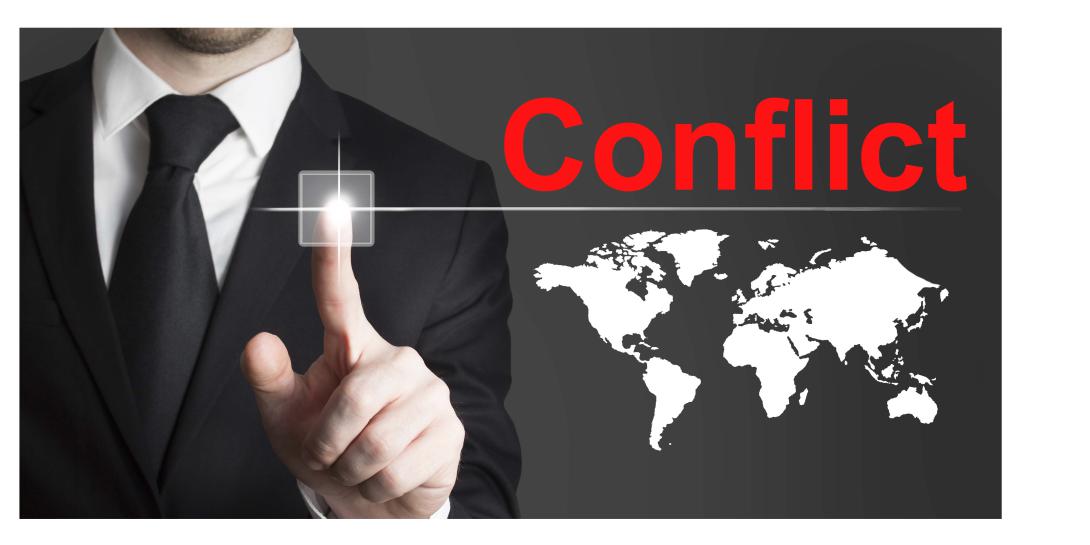Expert: Intel Community Needs to Stabilize Reliance on All Disciplines
Open-source intelligence strong-armed its way to prominence as a respected discipline out of necessity as the world of professional spies struggles to extract valuable information from the daunting amount of data in this technical age where Twitter posts contain intelligence and selfies can be evidence, according to experts.
While open-source intelligence, or OSINT, is a vital tooth in the cog, it is but one discipline critical to effective foreign policy decision-making, offered Joseph DeTrani, president of the Intelligence and National Security Alliance.
“Open source is good, but it’s not the silver bullet,” DeTrani shared during a recent AFCEA Emerging Professionals in Intelligence Committee panel discussion on the importance of intelligence for diplomacy. In spite of the plethora of publicly available sources, not all nations allow citizens to openly communicate in cyberspace, he suggested, and the Islamic State of Iraq and the Levant (ISIL) might excel at manipulating social media to boost recruitment, but certainly is not publicly announcing the group's next terrorism targets. DeTrani served as a senior adviser to the Director of National Intelligence and while at the State Department, worked as the special envoy for the Six Party Talks with North Korea, with the rank of ambassador, and as the U.S. representative to the Korea Energy Development Organization.
Properly trained analysts who can extrapolate nuggets of intelligence makes OSINT a “gold mine,” worthy of the rebalancing of the discipline within the intel community that propelled it to a level of importance, said John Dinger, whose 30-year foreign service career included positions in the State Department as principal deputy assistant secretary for intelligence and research, deputy coordinator for counterterrorism, ambassador to Mongolia and consul general in Tokyo.
But the intelligence community notoriously swings from one extreme to another in its dependence on one discipline over another, DeTrani offered. “We need to find the middle and do the middle well.”
Intelligence serves as a foundation upon which policy makers base foreign policy actions. Yet they face soaring difficulties, from an over-classification that impedes the timely sharing of information, the politicization of intelligence and now an environment complicated by the WikiLeaks and Edward Snowden leaks made easier by technology, the panelists said. Although the IC is not immune to insider threats, evident by cases such as the Rosenbergs, who passed atomic bomb secrets to the Soviet Union, and Daniel Ellsberg’s leaking of the “Pentagon Papers” that detailed the Defense Department’s political-military involvement in Vietnam, the digital age facilitated turning turncoat, DeTrani suggested.
A critical value of intelligence in foreign service circles serves to keep troops out of war zones, offered Randall Fort, director of Corporate Programs Security for Raytheon. “It’s cheaper and better to keep the trigger from being pulled in the first place. It’s called diplomacy,” said Fort, former assistant secretary of state for intelligence and research. Additionally, he managed the production and dissemination of all-source intelligence analysis for the secretary of state and other senior policymakers and headed the department’s Cyber Policy Group and the Bureau of Intelligence and Research.
An already strained intelligence community grapples with mounting challenges, from the deluge of data to growing cyber concerns that threaten national security, shrinking government budgets and creeping commercial competition that complicate already-convoluted missions. Following the terrorist attacks of September 11, 2001, officials funneled U.S. intelligence resources to combat terrorists, draining coffers that had been reserved for intelligence activities concerning nations such as Russia, China, Iran and North Korea—some of today’s biggest U.S. challengers.




Comments